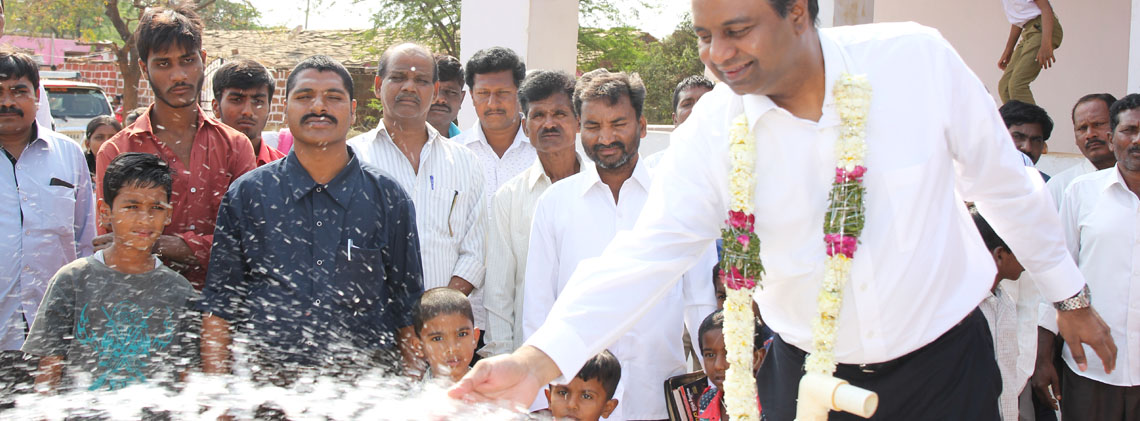
Bringing clean and safe drinking water to underdeveloped villages.
- December 2017
- Dhanasiri village, India
Over 780 million people around the world do not have access to clean water. More than 3.4 million deaths each year are contributed to water carried diseases. That equals about 5000 child deaths each day because of poor water conditions. That means about every 20 seconds a child dies because of poor sanitation/water conditions where they live. Unlike deaths caused by other diseases these death are almost 100 percent preventable. The reason most of these death happen is because about 99% percent them occur in third world countries. Third world countries make up about 83 percent of the worlds population, but have the lowest percent of people who have access to clean water.
Here is a lit of common diseases contracted because of poor water conditions:
Diarrhea:
Diarrhea is the leading causes of illness and death. 88 percent of the total deaths because of diarrhea are due to lack of access to improved sanitation. The inadequate availability of water is also a factor in diarrhea related deaths.
Cholera:
Over the decade of 2000-2010 the cases of cholera increased by 130 percent. Cholera is and bacterial infection of the small intestine. It is normally contracted from infected water supplies.
Arsenicosis:
Another problem is Arsenicosis. It comes from long term exposure to low concentrations of arsenic in drinking water. It can result in cancer of the skin, lungs, bladder and kidney.
Guinean:
Some people also contract Guinea worms when drink water contaminated with Guniea worm larvae. They leave the body after a year and caused really sever ulcers.
Typhoid:
It is bacterial infection caused by ingesting contaminated food or water. Symptoms are characterized by headaches and nausea.
Simple diseases that people catch in U.S. can be deadly in third world countries. The reason is because once they acquire it, they have a hard time getting rid of the infection. Most of the deaths because of poor sanitations/water could be prevented if they had adequate access to clean water.
